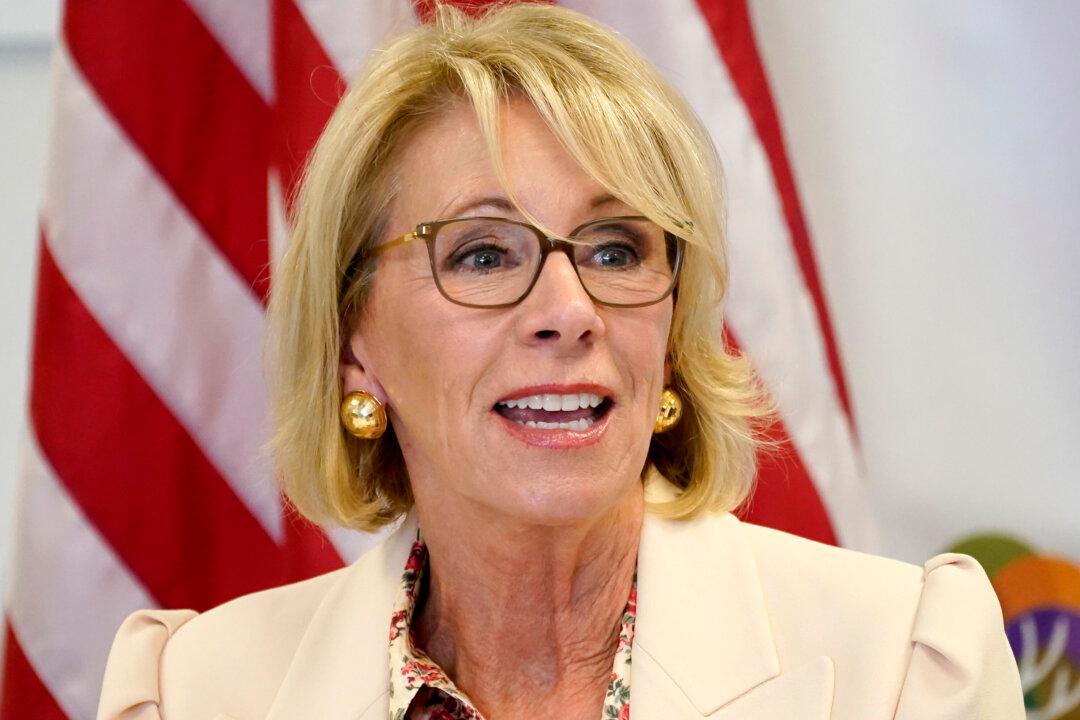The Trump administration on Dec. 4 suspended all federal student loan payments through the end of January and kept interest rates at zero percent, extending a moratorium that started early in the pandemic but was set to expire at the end of this month.
By extending the suspension by one month, the administration is effectively leaving it to the next administration or Congress to decide whether to provide longer-term relief to millions of student borrowers. The measure was included in a March relief package and the White House extended it in August, but its fate was in doubt amid a stalemate over a new relief bill.





